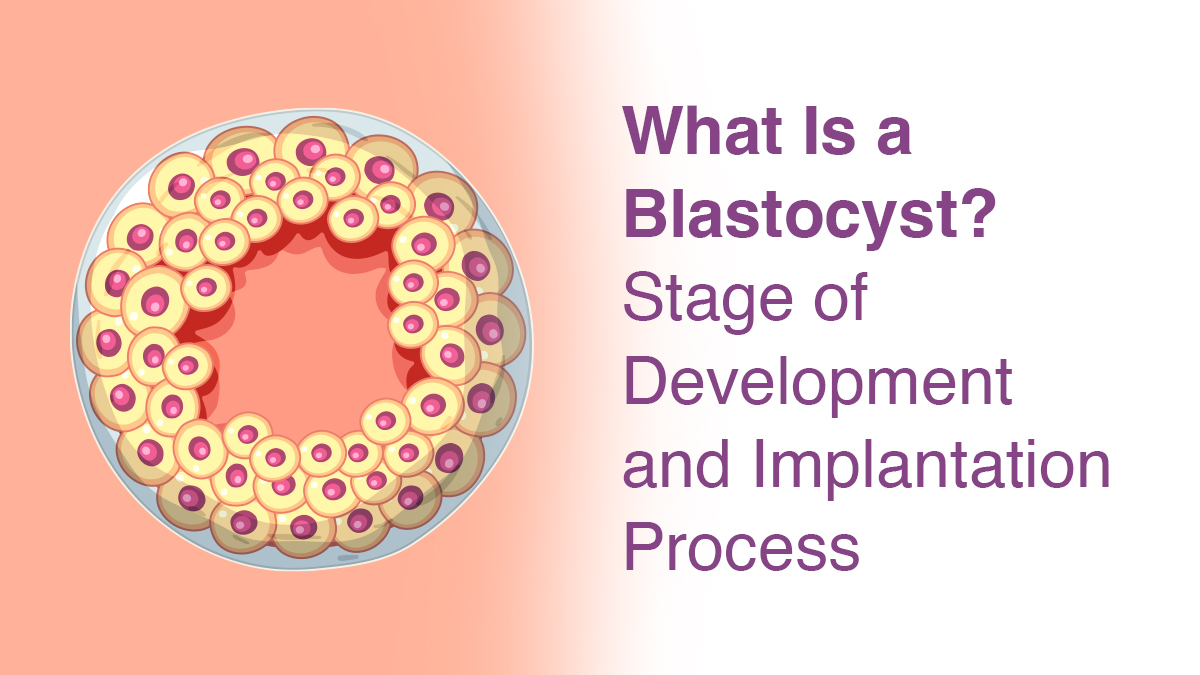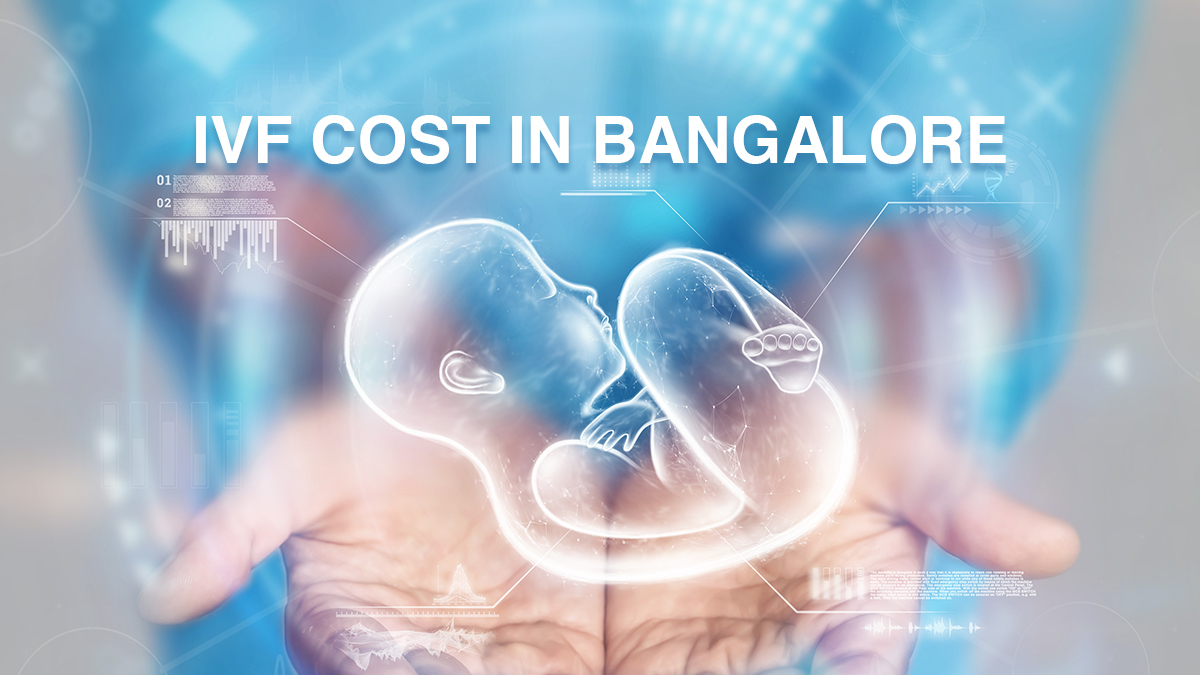
Are IVF Side Effects Dangerous? Separating Myths from Facts

If you have been trying to conceive without success, in vitro fertilisation (IVF) could make your dream of parenthood come true. IVF is an assistive reproductive technique (ART) where the eggs are retrieved from the female partner and sperm from the male. They are then manually combined under lab conditions for fertilisation. Once the embryo is formed, it is transferred to the woman’s uterus for implantation and pregnancy. However, keep in mind that IVF takes time and can lead to side effects.
While it is important to know that mild and temporary or severe side effects can result from IVF injections, the complications of in vitro fertilisation will be worth it if you give birth to a healthy baby.
Common Side Effects of IVF
You might experience some side effects during ovulation stimulation when fertility medication is prescribed to boost egg production. These include:
- Nausea and vomiting.
- Headaches.
- Hot flashes.
- Enlarged ovaries.
- Abdominal pain.
- Bruising due to IVF injections.
After the IVF injection to transfer the embryo to the uterus, side effects could include discomfort, bloating, constipation, abdominal cramping, breast tenderness and spotting (blood drops from the vagina). However, these side effects are temporary, and you can resume normal activities, as recommended by your doctor.
Infertility and ART can be difficult, both emotionally and physically. The anxiety and depression associated with the inability to conceive might be followed by stress during the procedure till pregnancy is confirmed. Also, remember that pregnancy might not occur at the very first attempt. This can be disappointing and frustrating.
More Serious Complications of In Vitro Fertilisation
IVF treatment does not lead to any long-term side effects on the mother. However, there can be some complications that you should be aware of.
Complications During Egg Retrieval
Following a course of fertility medication, a procedure is conducted to extract eggs from the ovaries. Ultrasound images and a thin, long needle are used for egg retrieval. The needle is inserted through the vagina into the follicles to harvest as many eggs as possible. Some side effects of this IVF injection can include bleeding, infection, or damage to a blood vessel or bladder. There could also be some complications associated with the anaesthesia used for this phase of in vitro fertilisation.
Ovarian Hyperstimulation
The ovaries could become painful and swollen due to the fertility medication, which is usually injected to trigger ovulation. Symptoms of ovarian hyperstimulation syndrome include abdominal bloating, pain, vomiting and diarrhoea. These symptoms can last for about a week. As mentioned earlier, there are no long-term side effects of IVF. In rare cases, the syndrome can be more severe, leading to shortness of breath and rapid weight gain.
Ectopic Pregnancy
This is when the embryo attaches itself to tissues outside the uterus. Most often, ectopic pregnancy occurs when the embryo gets implanted in the fallopian tubes. Since the embryo cannot survive in such circumstances, the pregnancy is usually naturally or medically terminated. Only a small percentage of women face this side effect of IVF treatment.
Multiple Births
IVF can lead to more than one foetus developing after embryo implantation. Women who end up carrying multiple babies are at higher risk of experiencing pregnancy-related diabetes and hypertension, premature delivery, low birth weight of the baby and birth defects.
Birth Defects
This is often associated with the age of the mother, regardless of whether the baby is conceived via ART. However, IVF has been linked to marginally higher chances of the baby developing congenital heart problems, digestive issues or other conditions.
Miscarriage
The chances of miscarriage after IVF are the same as when the baby is conceived naturally, which stands at about 15% if you get pregnant in your 20s. It rises to over 50% if you conceive in your 40s.
Debunking Myths About the Side Effects of IVF Injections
Myths and misconceptions sometimes lead to hesitation in trying IVF. Therefore, it is important to learn more about the facts associated with the procedure.
- IVF is dangerous and painful: It is a safe and proven fertility treatment performed under sedation so that you do not usually experience pain.
- Increased risk of birth defects: The risk of birth defects is generally comparable to that of natural conception.
- Higher risk of cancer: There is no evidence that IVF increases the risk of cancer.
Some other common myths are that IVF is always successful and it is the only way to conceive if you’re experiencing infertility. Many believe that the procedure results in twins or multiple births. Although this side effect does occur with IVF, it is not the most common occurrence.
How to Manage and Mitigate the Side Effects of IVF
There are several ways to prepare yourself for the procedure to mitigate the side effects of IVF injections and minimise the risk of complications after in vitro fertilisation. The most important thing is to take care of yourself mentally and physically. This includes ensuring a balanced and nutritious diet, regular exercise, staying hydrated, and learning to manage stress. Simple lifestyle changes can prepare your body and mind to cope better with the procedure.
It is also important to keep your medical team updated on how you’re feeling so they can adjust your medication or strategies. Take the medication as prescribed and don’t resort to over-the-counter medication or supplements without checking with your doctor. However, you can try some home remedies to manage the side effects of IVF, such as using heating pads for abdominal cramping or eating fibre-rich foods to relieve constipation.
In addition, encourage your partner to participate in the process and provide emotional support. Don’t hesitate to seek support from your loved ones, doctor or a counsellor to cope with the emotional aspects of fertility treatments.
Final Thoughts
Although there are no long-term side effects of IVF treatment on the mother, it is important to seek help only from a reputed clinic. To know more about the side effects of IVF injections and proven fertility treatment, visit an Oasis Fertility Clinic near you or call 1800-3001-1000. You can also use our live chat facility for immediate assistance.


fill up the form to get a
Free Consultation
Avail 0% interest on EMI
All Procedures | No Upper Limit
Frequently Asked Questions
Does IVF have long-term side effects?
How does IVF affect the body?
How many times is IVF safe?
How we reviewed this article:
- Current Version
- March 10, 2025 by Oasis Fertility
- November 14, 2024 by Oasis Fertility






